2 August 2021
Philomena Franz
Holocaust Survivor
Testimony on the occasion of 2 August 2021, European Holocaust Memorial Day for Sinti and Roma
My childhood was really good. I grew up well in my family. I was the youngest and was spoiled and then went to school. Yes, and then my brother got his draft notice. He was now at the age where he had to go into the army and then he was in Baden-Baden in the barracks and completed his work, his two years of military service, and then he was a trained soldier and got out straight away. Then the war broke out and he was in the first group at the front.
Yes, and then I was conscripted into service, I had to work in a factory. We got a letter in the letterbox, I showed it to you. We also had to go to the Gestapo, we had to do recognition duty, but it always went well. Because I had my brother at the front. So they couldn’t act so badly with me. But the others, they were all deported every day. The Jews were all deported, so it was a terrible time. I don’t know what people got out of it. It was cruel, but then one day the Gestapo came.
My training supervisor had tears in his eyes. And then he said to me, and he didn’t say much more anyway: “Philo, there are two men downstairs who want to talk to you.” But I had already looked out of the window from the topfloor of the company and I saw the Gestapo sign on the car. Then I knew I wouldn’t be coming home. I wouldn’t see my mother any more. My mother was then alone at home and I can’t say how she was afterwards.
I was then in Auschwitz. I didn’t see anyone anymore, I couldn’t do anything… We were sent to the family camp. You could walk all over the place, run into every barrack to see if anyone was still there. I saw my uncle again who had four children. His wife had already died and he was alone. So I said, “What are you doing here alone?” The children all went to the crematorium and after the war I never saw my uncle again, no children, nothing. Everything gone. You can’t say anything, it was so cruel, you can’t find words. So it’s unbelievable, unbelievable but really true.
I am the only contemporary witness who has already reached that age and has been through all that. Who still has a stamp on her arm. I still have the number here. Here; 10550. It was no longer enough for us to present our badge or what, no. No, they had to, and like animals, they stamped us. You see, I still wear the stamp on my left arm today. I am still a contemporary witness and I lived through those terrible times. So I made up my mind that as long as I get out of here, I will never give up doing educational work and that’s what I did.
So I did that everywhere, all over Germany. I travelled around and I thought “Who else is going to do it?” there are few who still got out, who could resist. And I went to school, I could articulate myself well and I thought, “Now you do it in schools”. They have to know, the young generation, what happened back then, because they are directing and shaping this country for once and I expect a lot from that, because something like that must never happen again in our country.
What matters is the way in which people are taught what happened. It could be done in many variations. I chose the good side, the reconciliation side and I wanted to have reconciliation. I didn’t want to have hate, but enlightenment, that had to be, but without hate and without accusation.
What I wanted to say to the young people: I want to say that when we hate we lose. Love is the very highest of feelings. Because love is everything to us. It is a, a like, like a little, like a jewel. Without love, man cannot live. When he is without love, he is capable of anything, because he no longer knows what is good and evil. We must learn from our mistakes. Something like that must never happen again in our country, because if we allow something like that to happen, but I don’t think so.
We live in a free democratic state today and everyone is allowed to put forward their rights, if they know I have been wronged then they can go and say. “Here, hello you can’t do that.” You know, I think we Sinti have never lived more freely than we do today. We have our freedom, we are worth just as much as any citizen and that is decisive for me.
Testimonies of Holocaust Survivors
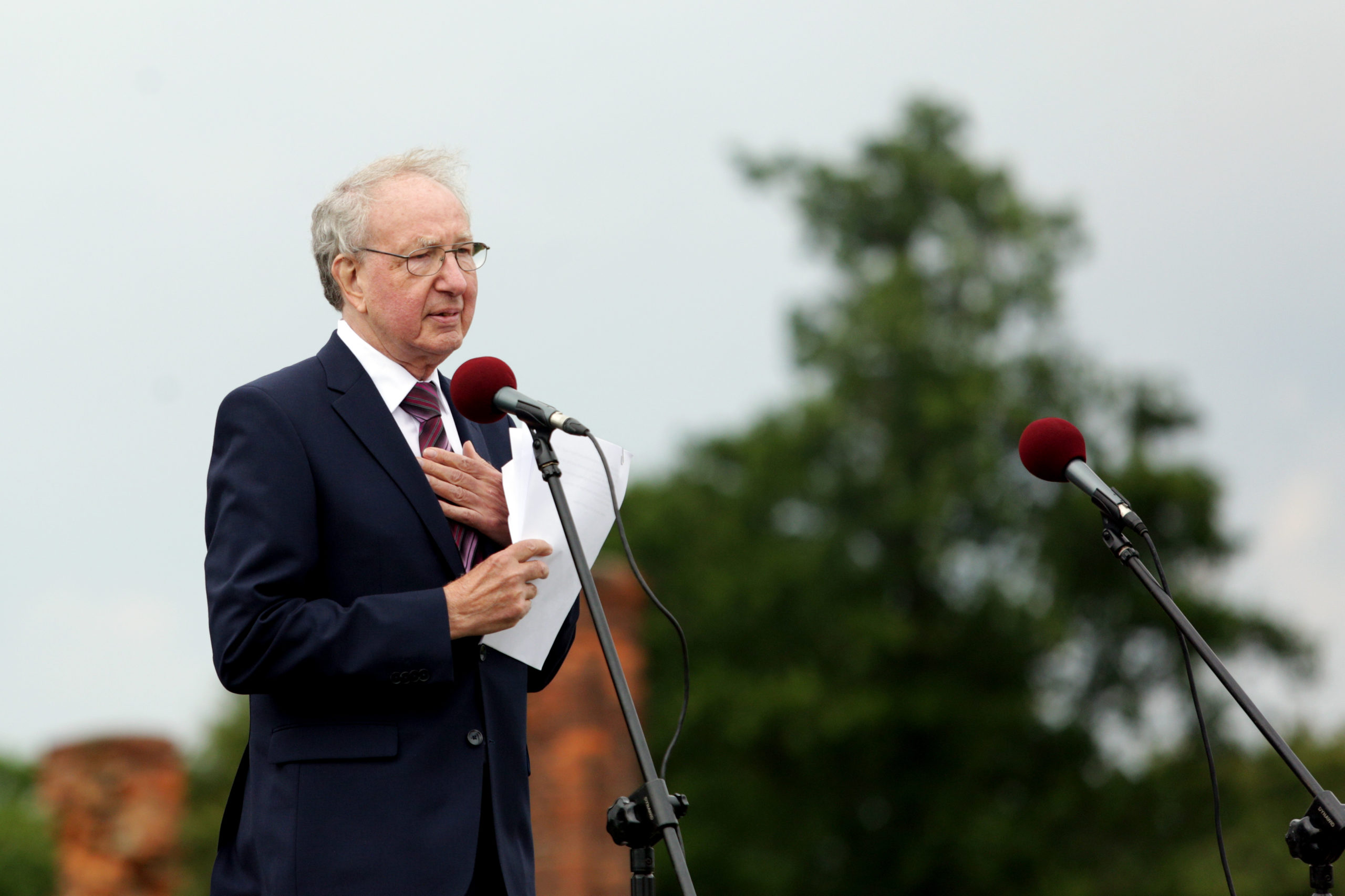
Werner Friedrich
Holocaust survivor
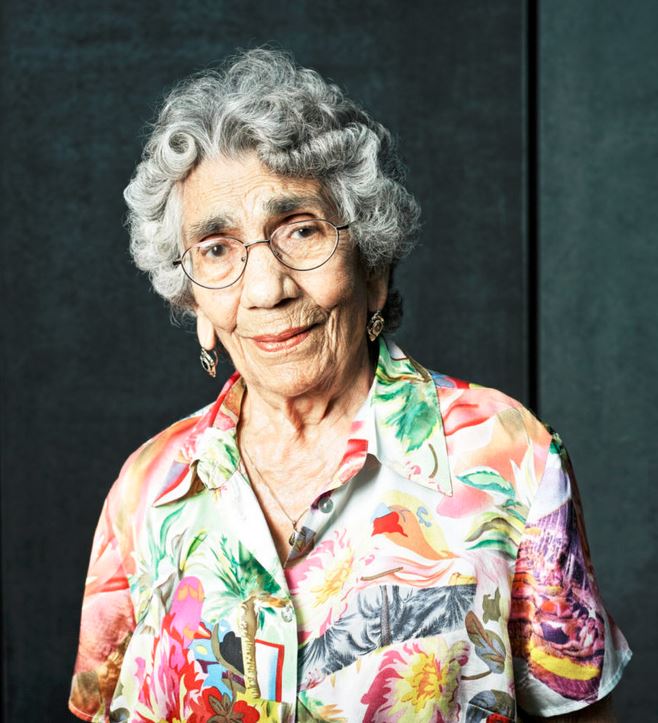
Zilli Schmidt
Holocaust survivor
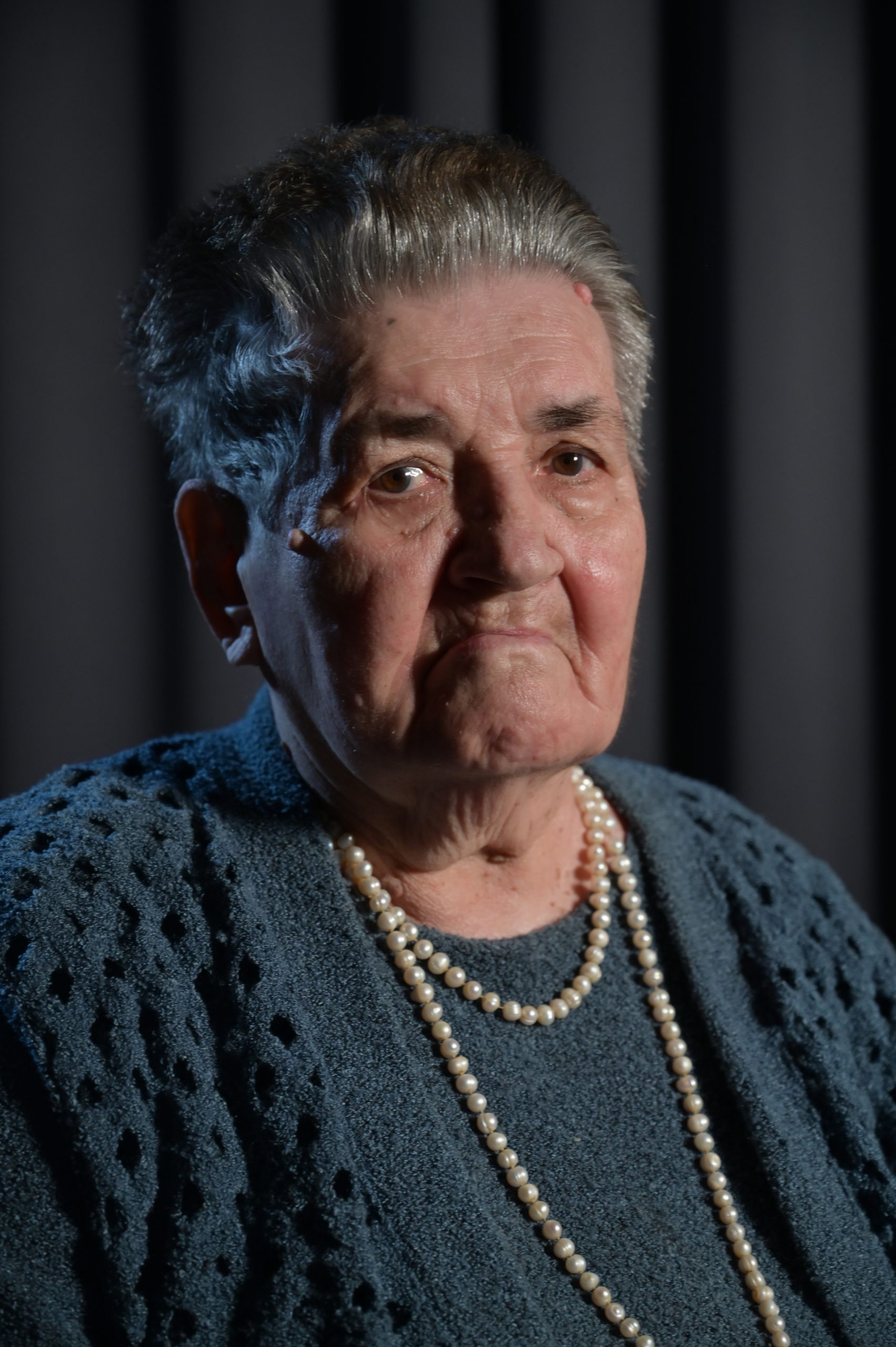
Krystyna Gil
Holocaust survivor
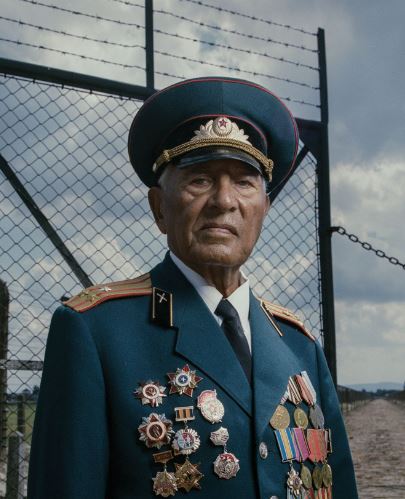
Ivan Bilashchenko
Holocaust survivor and former soldier of the Red Army
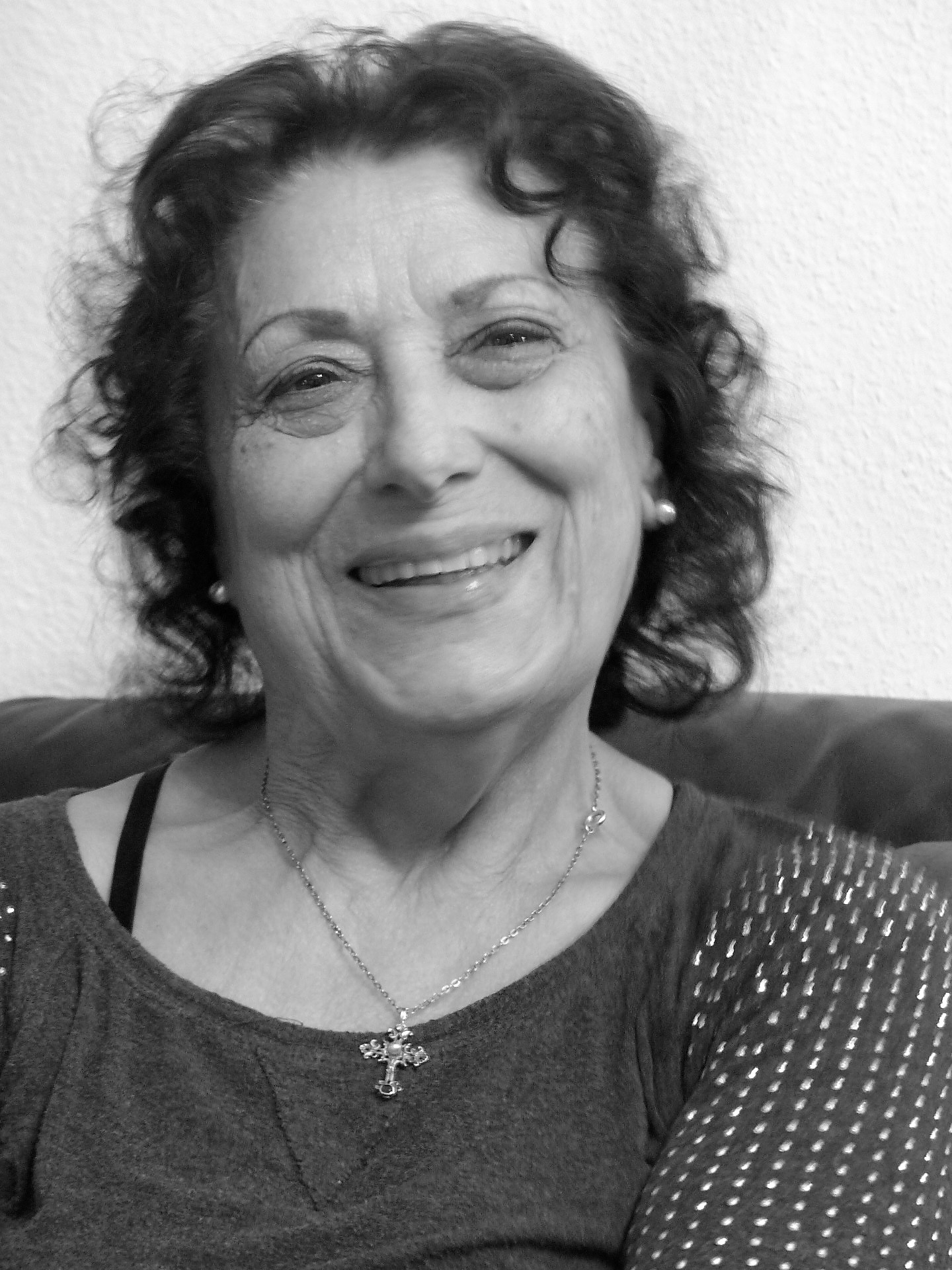
Rita Prigmore
Holocaust survivor










